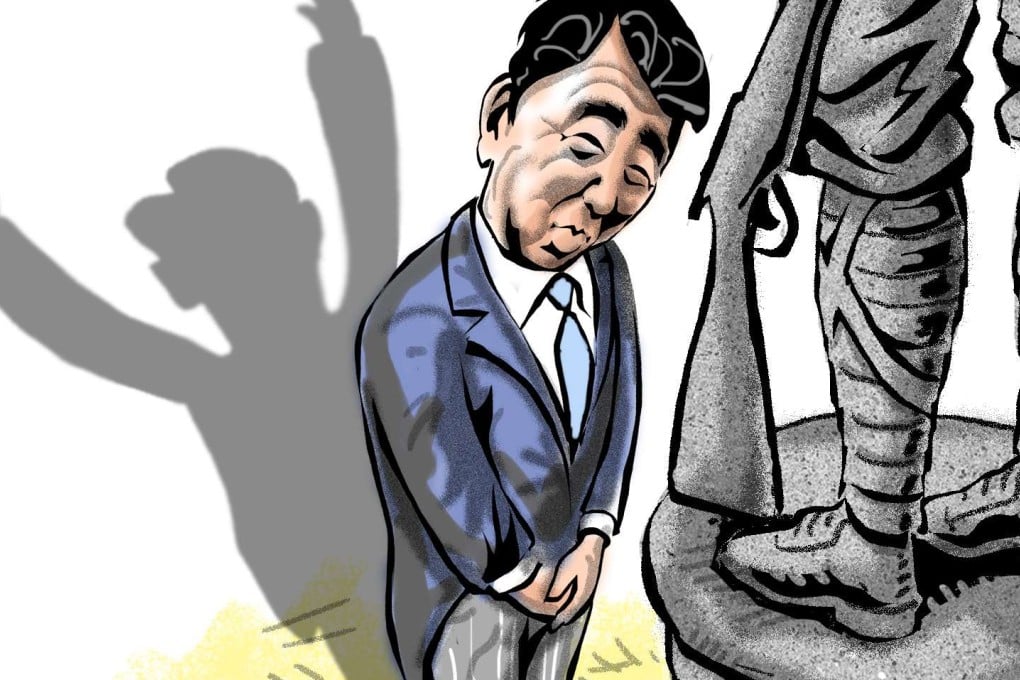Post-war Japan should look back with gratitude and slam the door on wrongs embodied in Yasukuni
Jean-Pierre Lehmann says Shinzo Abe and other leading politicians must realise that visits to the shrine honouring Japan’s war dead revive old wounds and incite fear of a revival of militarism


I first went to Tokyo in 1950. I have childhood recollections of the intense poverty, the begging by wounded former soldiers, the “pom-pom” girls and the Occupation forces. I left Tokyo in 1959, but returned frequently in the ensuing decades.

The country that most benefited from the Allied victory was Japan
Then, in the 1970s, when I was twice (1974 and 1977) visiting professor at Tôhoku University in Sendai, I was able to witness Japan valiantly overcoming the “Nixon shocks”. This was when then US president Richard Nixon unilaterally imposed tariff hikes on Japanese textile imports, and, more critically, took the dollar off the gold standard, sparking a dramatic rise in the value of the yen; Japan’s high growth in the 1960s had been driven by exports that benefited from a cheap yen. The Nixon shocks occurred virtually simultaneously with the oil shocks, when Opec (widely unknown and ignored until then) dramatically increased the price of oil.

Though the Japanese initially panicked when the yen was massively revalued following the 1985 Plaza Accord, signed at the New York City hotel, they soon discovered that their global purchasing power had also increased massively. This allowed Japanese corporates and private investors to go on global spending sprees. When Emperor Hirohito died in 1989, his state funeral was the biggest in history in terms of heads of government and state in attendance. Of all the “famous” (or infamous) names associated with the second world war – Mussolini, Hitler, Stalin, Eisenhower, Churchill, de Gaulle, Tito, Chiang Kai-shek, etc, – Hirohito outlived them all. Who could possibly have believed that would be the case in August 1945?
The real reason Japan’s emperor wants to abdicate
Little was it realised at the time, but shortly after Hirohito’s death, Japan reached its zenith. The 1990s ushered in the “lost decades”, in which Japan has been wallowing economically, politically and socially since. Still, Japan has achieved a degree of peace and prosperity for which it should look back over the decades with gratitude.